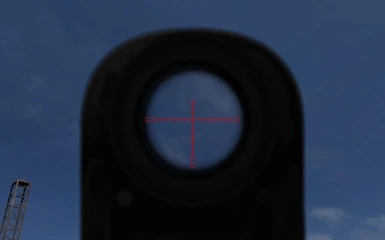

“In my grandmother’s day the word ‘cloud’ conjured up condensed vapor, nothing more,” she writes. Wolf perceived a definitive historical break in Chernobyl-“Once again, so it seemed, our age had created a Before and After for itself”-a break most apparent on the level of language. In real time, Accident captures the first cognitive impact of Chernobyl, and it continues to represent how almost everyone grapples with the tragedy: imaginatively, from afar. Instead of representing Chernobyl itself, the novel comprises the thoughts of a writer over the course of a day just after news of the accident has spread-thoughts that range over visions of environmental collapse, “the entire breathlessly expanding monstrous technological creation,” and imaginative forays into an operating room where her brother is having brain tumors removed. Nevertheless, Wolf, the author of Cassandra and The Quest for Christa T., managed to produce a focused meditation that’s lost none of its power three decades on.Īccident is authorial, not authoritative. Accident, for instance, seems to have been written under the belief that the explosion resulted from a random accident, something innate to nuclear power itself, rather than a calamitous series of human errors. Novelists are usually better equipped to handle history than a current event: The former comes with context, a sense of retrospect and narrative arc, while the latter is still subject to unexpected disclosures. The German literary critic and author Christa Wolf began writing Accident: A Day’s News not two months after the explosion, and completed the manuscript in September 1986. The finest works express profound doubts about the power of language to absorb a disaster of this magnitude, and so continually reopen it to new ways of being remembered. Yet unlike myth, as a professor says in Voices From Chernobyl, a 1997 oral history by Svetlana Alexievich, “We don't know how to capture any meaning from it.” Through three decades of literary response, Chernobyl has undermined the sort of authoritative depiction that might bring closure. In the Zone, there is a Red Forest there was black rain.

Reactor Four remains encased in a concrete-and-steel shell known as the sarcophagus. The soldiers and firefighters who cleaned up the site-many of whom died from exposure-are referred to as the liquidators. Indeed, it seemed instantly to pass into myth, even possessing its own poetic language. Since then the Zone has spawned a literary genre of its own. You Won’t Regret Rewatching The Ring Kevin Townsend


 0 kommentar(er)
0 kommentar(er)
